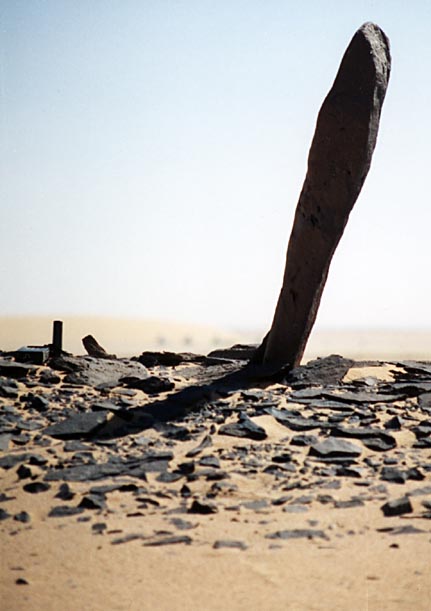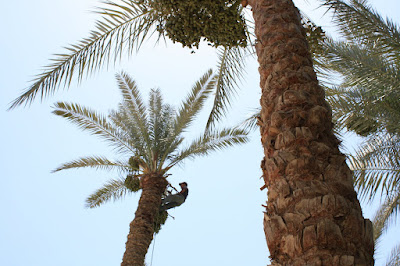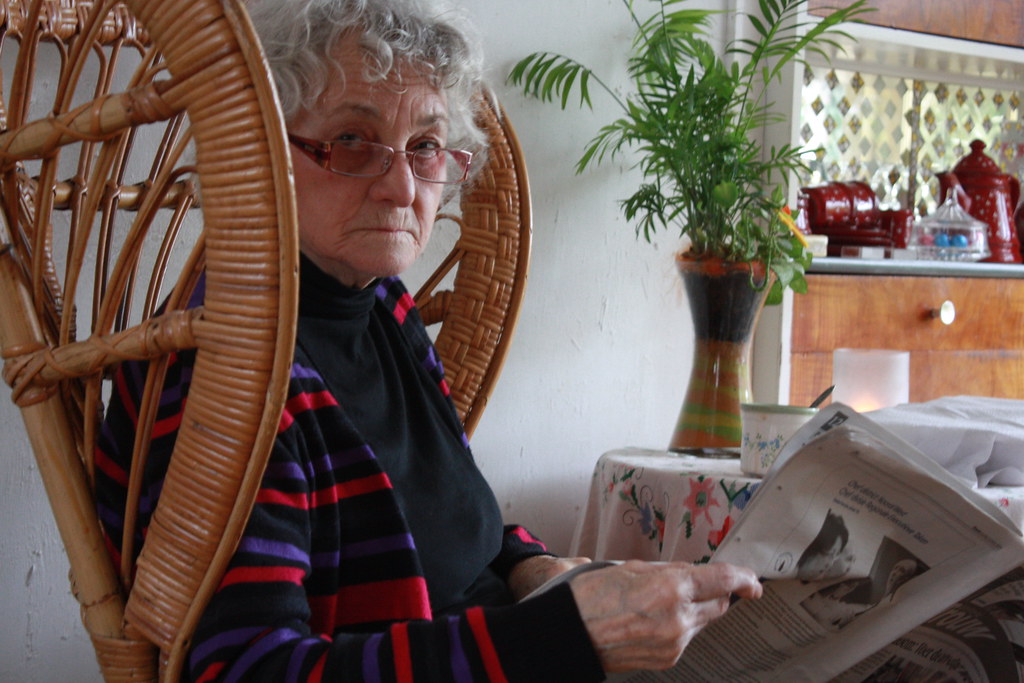Iraqi troops are somewhat mystified that they are not as successful at dealing with roadside bombs, as they Americans. The Iraqis now have the same equipment, and training, yet the Americans were much more successful at finding bombs and keeping roads clear of them. The Iraqis asked their American mentors for help, and were given some bad news (along with the requested help.)
The bad news was that the Iraqis were the victims of their own bad habits. The first thing the Americans noted was that the Iraqis were not sharing information on what the terrorists were up to. Bomb removal teams from the army or police operated as if the other did not exist, even if they patrolled the same roads. Different intel organizations in the police and military would not share information, or work together. This, and a lot of other bad habits are fairly common throughout the Arab world, even though U.S. advisors have been pointing out the downside of these traits for decades.
For example;
# Most Arab countries are a patchwork of different tribes and groups, and Arab leaders survive by playing one group off against another. Loyalty is to one's group, not the nation. Most countries are dominated by a single group that is usually a minority (Bedouins in Jordan, Alawites in Syria, Sunnis in Iraq, Nejdis in Saudi Arabia). All of which means that officers are assigned not by merit but by loyalty and tribal affiliation. This continues in democratic Iraq, where political parties or powerful politicians strive to control individual police or army units.
# Islamic schools favor rote memorization, especially of scripture. Most Islamic scholars are hostile to the concept of interpreting the Koran (considered the word of God as given to His prophet Mohammed). This has resulted in looking down on Western troops that will look something up that they don't know. Arabs prefer to fake it, and pretend it's all in their head. Improvisation and innovation is generally discouraged. Arab armies go by the book, Western armies rewrite the book and thus usually win. Despite years of American advice on this matter, many Iraqi police and military personnel stick with the old, less effective, traditions.
# There is no real NCO corps. Officers and enlisted troops are treated like two different social castes and there is no effort to bridge the gap using career NCOs. Enlisted personnel are treated harshly. Training accidents that would end the careers of US officers are commonplace in Arab armies, and nobody cares. This is slowly changing, with the steady growth of a proper NCO corps and better officer attitudes towards their troops. But the old ways often return, with disastrous effects on troop morale and effectiveness.
# Officers are despised by their troops, and this does not bother the officers much at all. Many Arab officers simply cannot understand how treating the troops decently will make them better soldiers. This is another old tradition that dies hard.
# Paranoia prevents adequate training. Arab tyrants insist that their military units have little contact with each other, thus insuring that no general can became powerful enough to overthrow them. Units are purposely kept from working together or training on a large scale. Arab generals don't have as broad a knowledge of their armed forces as do their Western counterparts. Promotions are based more on political reliability than combat proficiency. Arab leaders prefer to be feared, rather than respected, by their soldiers. This approach leads to poorly trained armies and low morale. A few rousing speeches about "Moslem brotherhood" before a war starts does little to repair the damage. This still exists in Iraq, particularly when it comes to Kurdish, Sunni Arab and Shia police or army units. More Iraqi officers now know that the paranoia and parochialism are bad, but ancient traditions are hard to abandon.
# Arab officers often do not trust each other. While an American infantry officer can be reasonably confident that the artillery officers will conduct their bombardment on time and on target, Arab infantry officers seriously doubt that their artillery will do its job on time or on target. This is a fatal attitude in combat. It's been difficult getting Iraqi officers to change when it comes to trust.
# Arab military leaders consider it acceptable to lie to subordinates and allies in order to further their personal agenda. This had catastrophic consequences during all of the Arab-Israeli wars and continues to make peace difficult between Israelis and Palestinians. When called out on this behavior, Arabs will assert that they were "misunderstood." This is still going on.
# While American officers and NCOs are only too happy to impart their wisdom and skill to others (teaching is the ultimate expression of prestige), Arab officers try to keep any technical information and manuals secret. To Arabs, the value and prestige of an individual is based not on what he can teach, but on what he knows that no one else knows. Still around, despite years of American advisors patiently explaining why this is counterproductive.
# While American officers thrive on competition among themselves, Arab officers avoid this as the loser would be humiliated. Better for everyone to fail together than for competition to be allowed, even if it eventually benefits everyone. Still a factor.
# Americans are taught leadership and technology; Arab officers are taught only technology. Leadership is given little attention as officers are assumed to know this by virtue of their social status as officers. The new generation of Iraqi officers and NCOs have been taught leadership, but for too many of them, this is an alien concept that they do not understand or really know what to do with.
# Initiative is considered a dangerous trait. So subordinates prefer to fail rather than make an independent decision. Battles are micromanaged by senior generals, who prefer to suffer defeat rather than lose control of their subordinates. Even worse, an Arab officer will not tell a US ally why he cannot make the decision (or even that he cannot make it), leaving US officers angry and frustrated because the Arabs won't make a decision. The Arab officers simply will not admit that they do not have that authority. The new generation of army commanders and staff officers have been sent to Western staff and command schools, but there's still not a lot of enthusiasm for initiative (which is seen as a decadent and dangerous Western import.)
# Lack of initiative makes it difficult for Arab armies to maintain modern weapons. Complex modern weapons require on the spot maintenance, and that means delegating authority, information, and tools. Arab armies avoid doing this and prefer to use easier to control central repair shops. This makes the timely maintenance of weapons difficult. Still a problem in Iraq, and throughout the Middle East.
# Security is maniacal. Everything even vaguely military is top secret. While US Army promotion lists are routinely published, this rarely happens in Arab armies. Officers are suddenly transferred without warning to keep them from forging alliances or networks. Any team spirit among officers is discouraged. Remains a problem.
# All these traits were reinforced, from the 1950s to the 1990s, by Soviet advisors. To the Russians, anything military was secret, enlisted personnel were scum, there was no functional NCO system, and everyone was paranoid about everyone else. These were not "communist" traits, but Russian customs that had existed for centuries and were adopted by the communists to make their dictatorship more secure from rebellion. Arab dictators avidly accepted this kind of advice, but are still concerned about how rapidly the communist dictatorships all came tumbling down between 1989-91. The Russian influence is still fondly remembered, because the Russians had developed some highly effective police state methods. This made it easier for the police and military to control a country, even if despicable methods were used.
While these Russian techniques can work to hunt down terrorists in a police state, it doesn't work in a democracy. The Iraqi government is passing laws to make the country more like a police state. Old habits die hard.
Link
















































